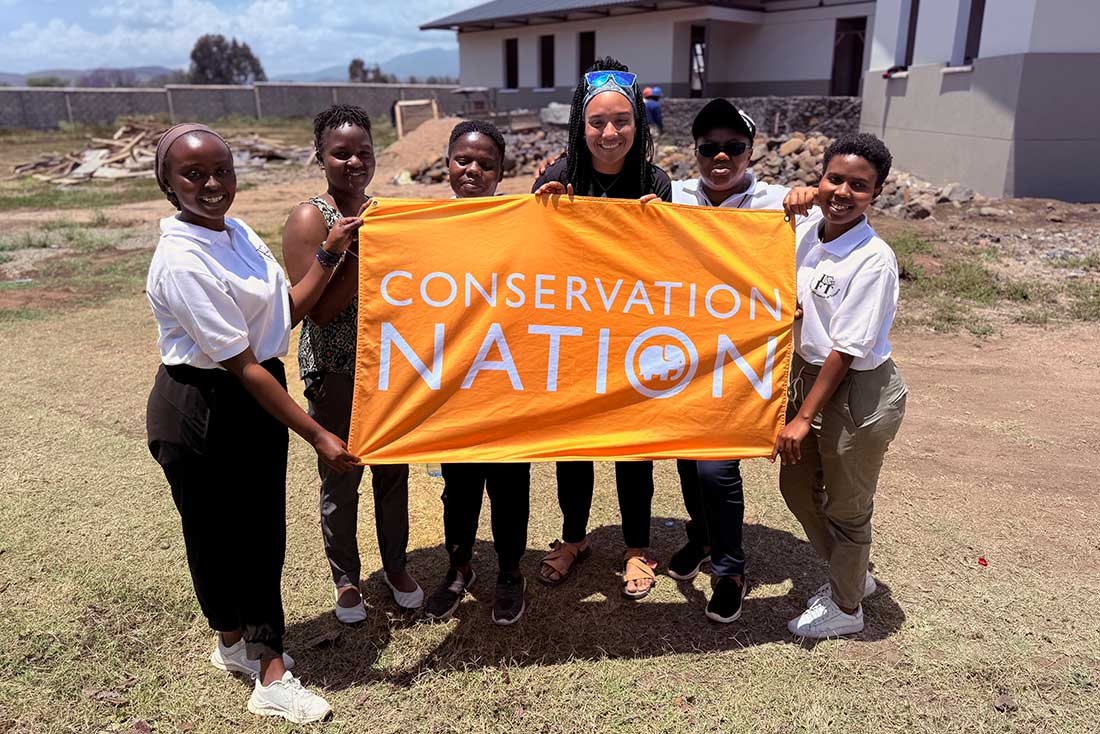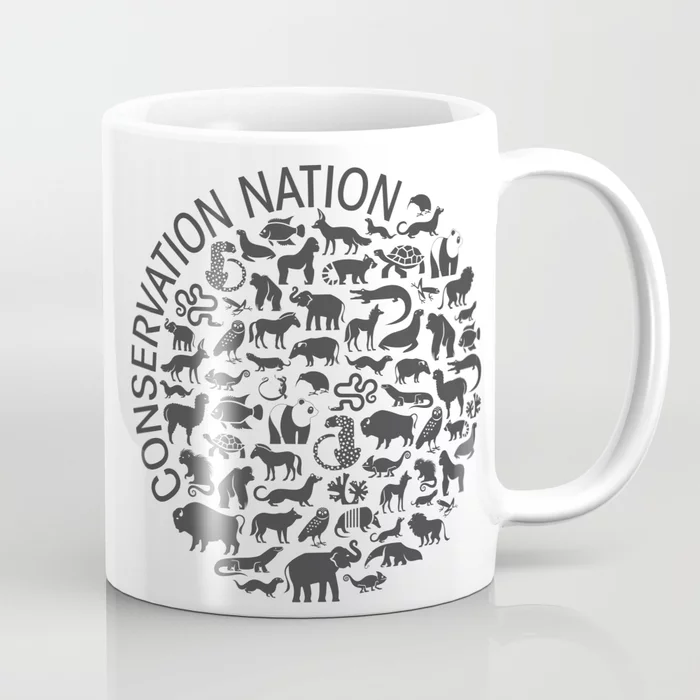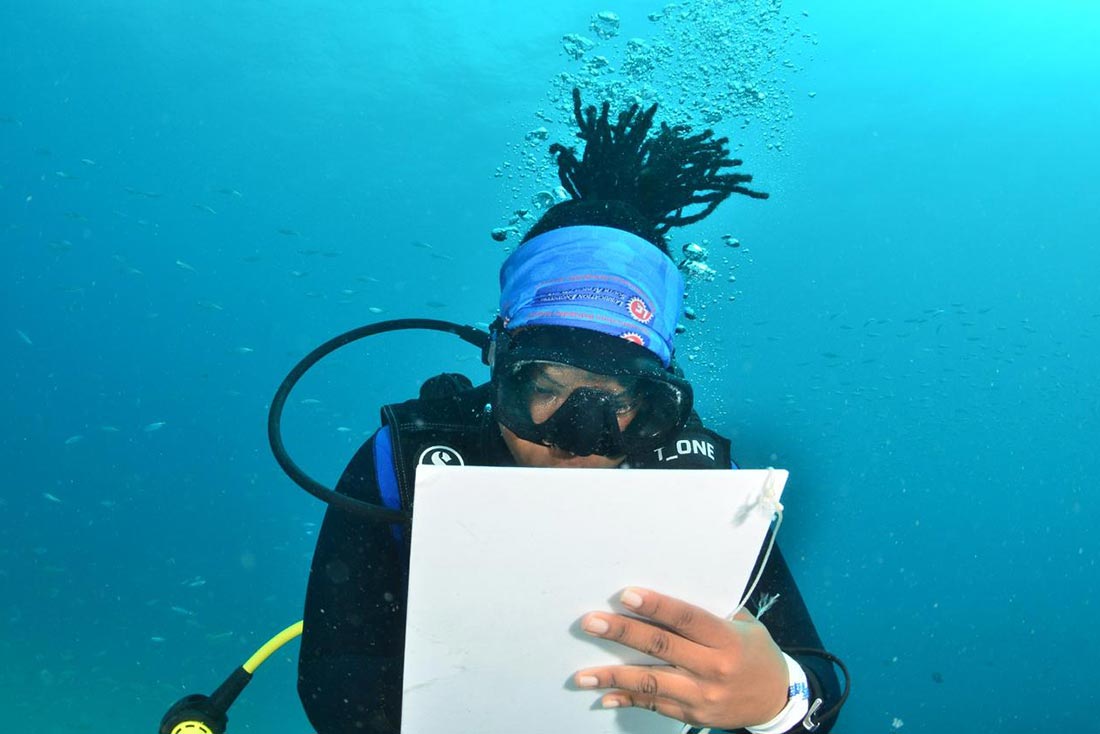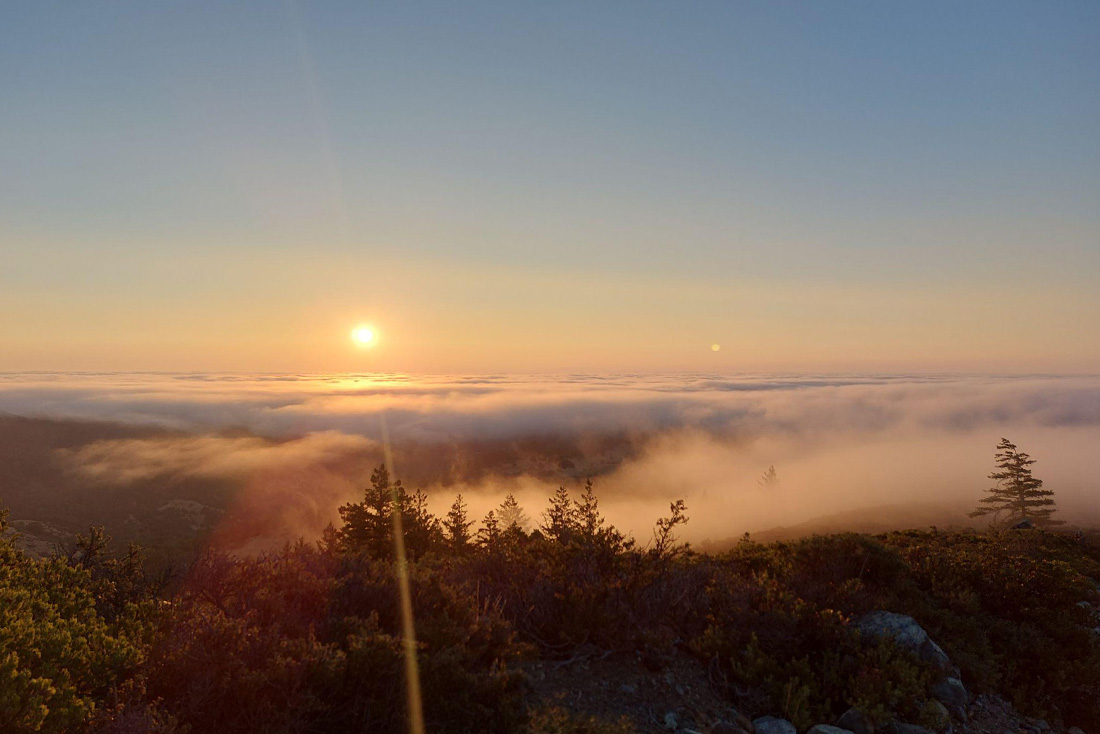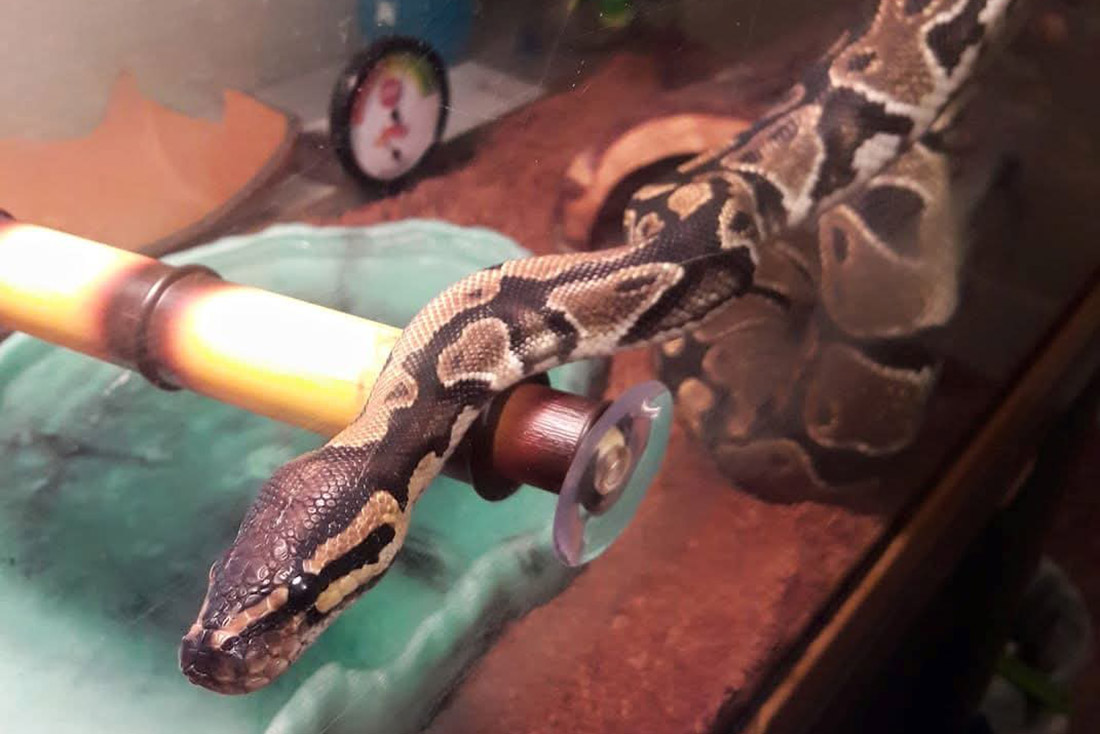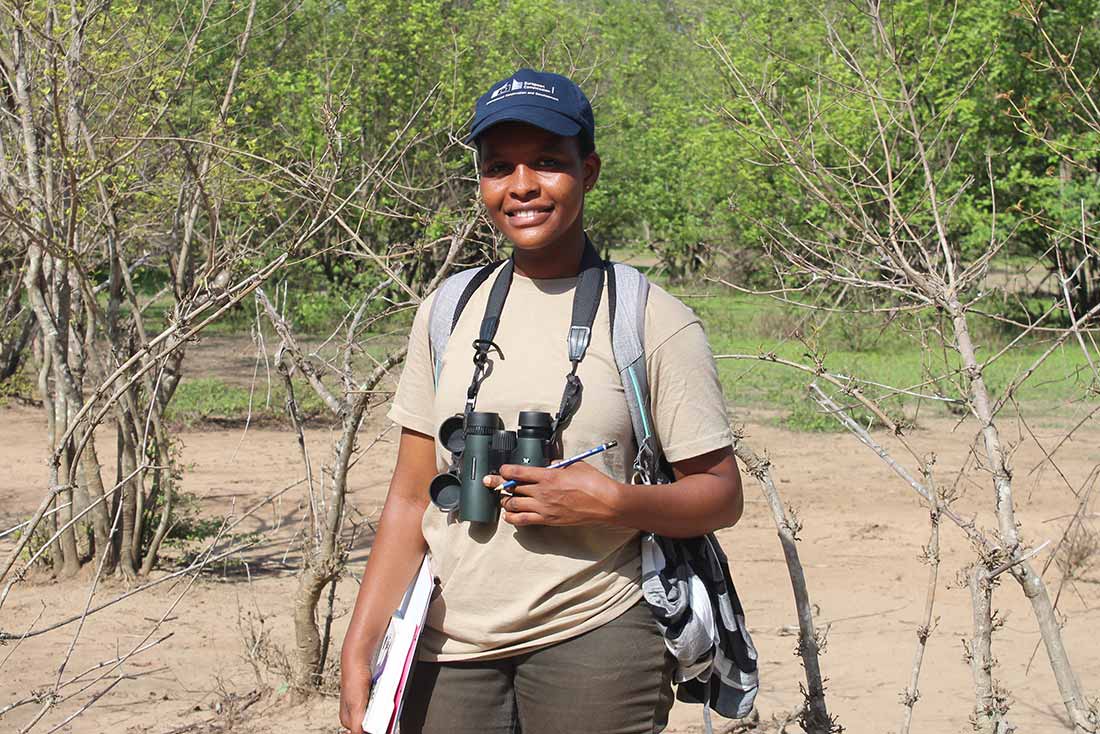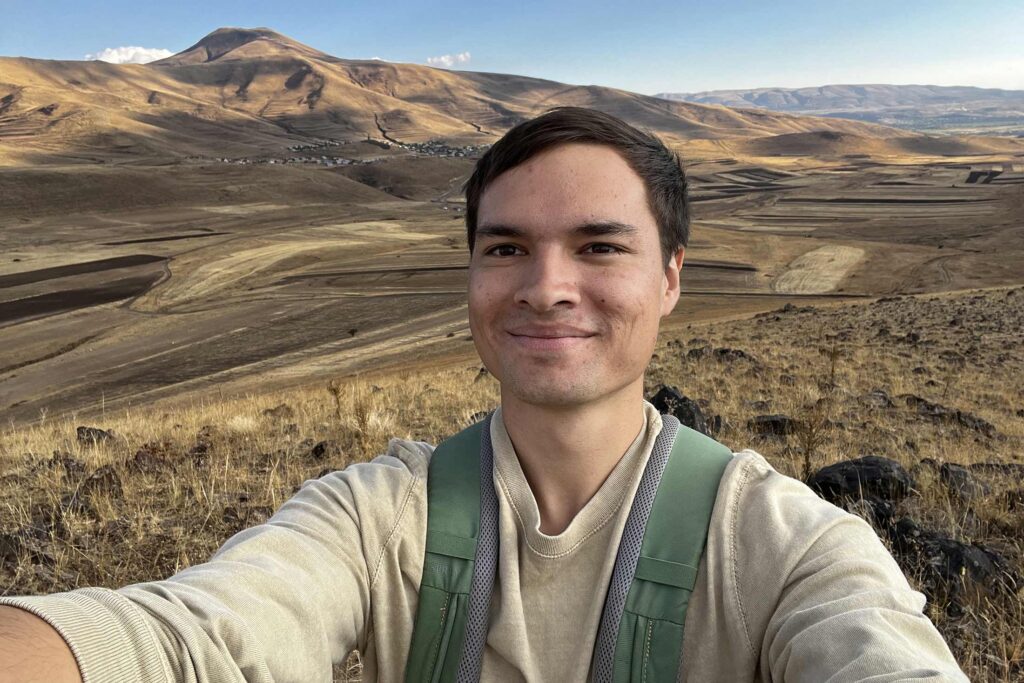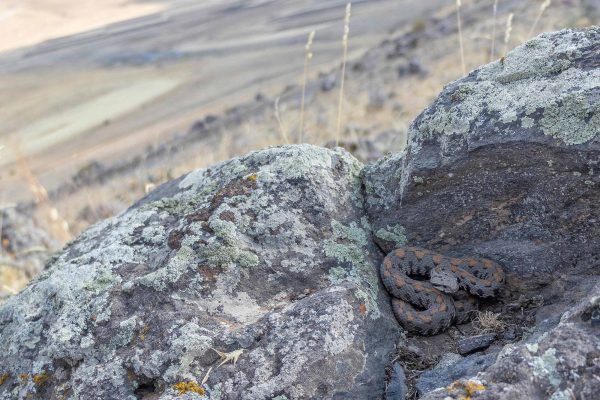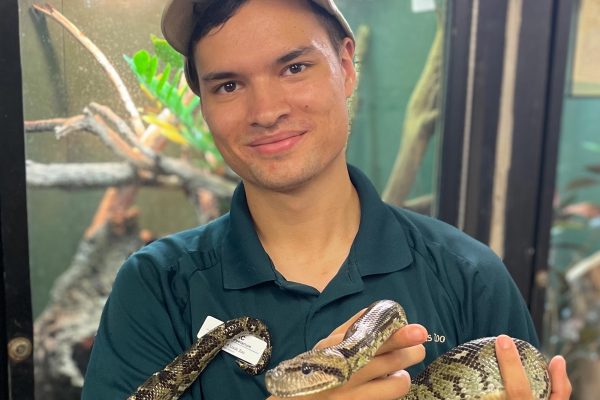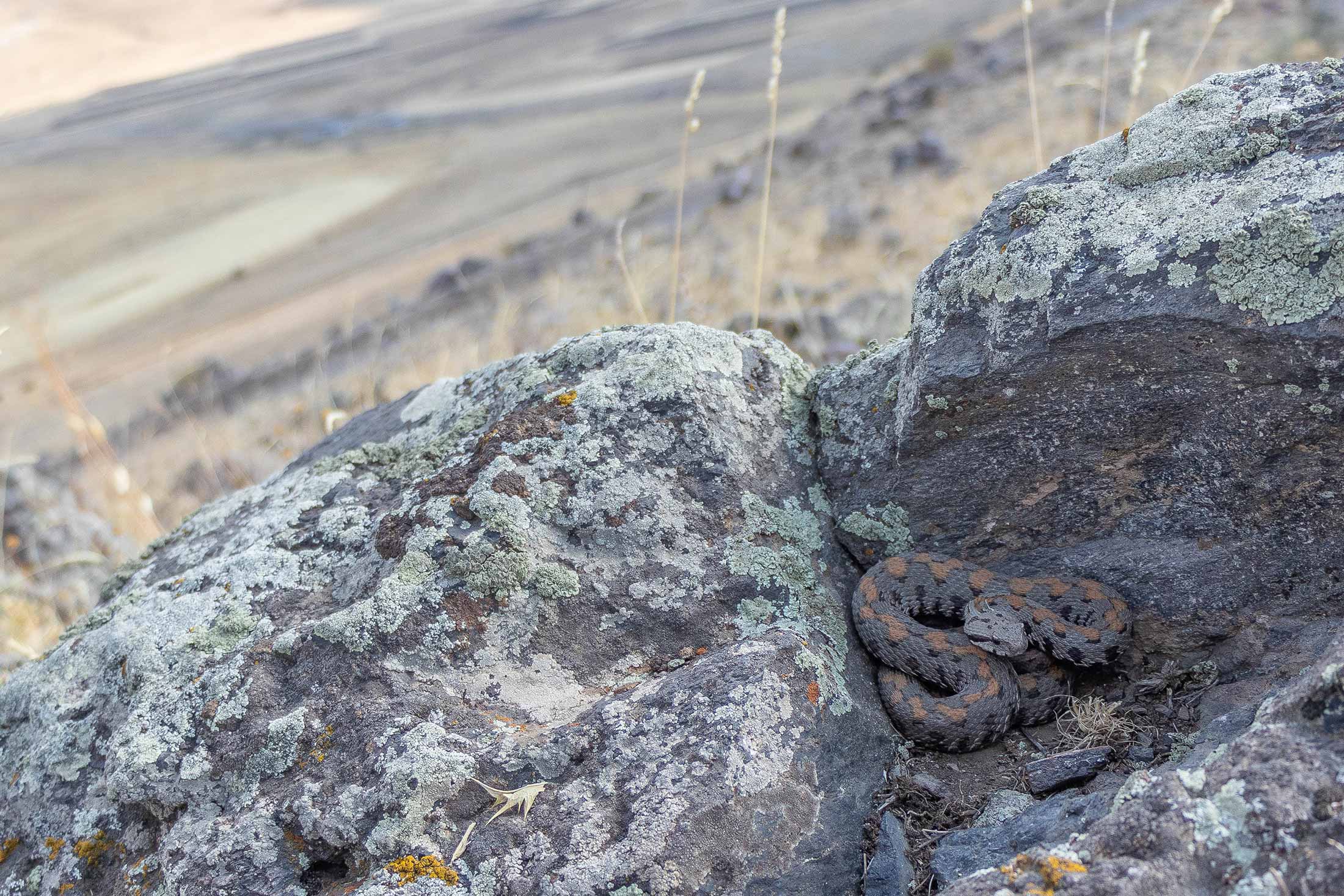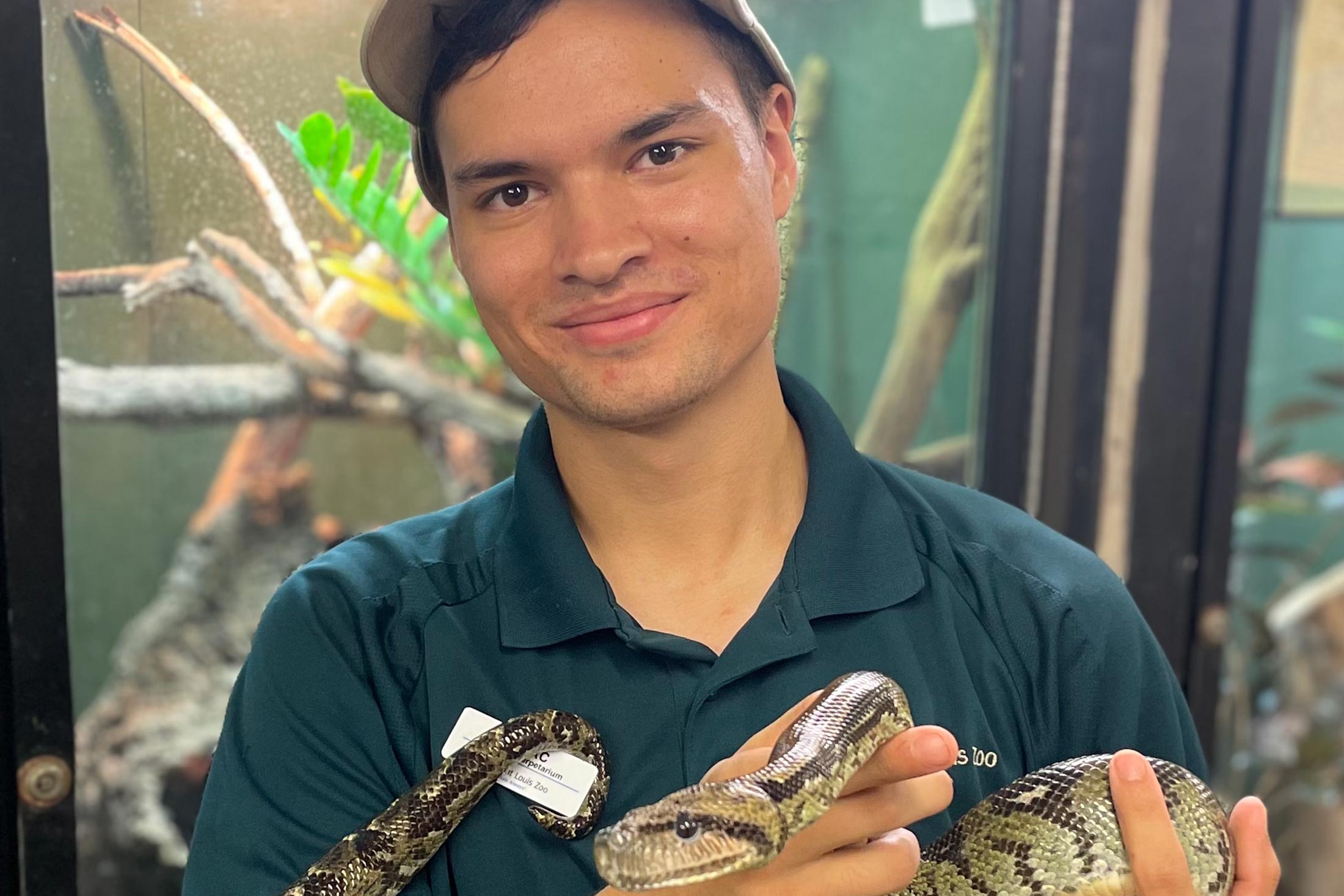In October 2022, I traveled to Armenia with several other professionals from three U.S. zoos to assess Armenian viper populations. This effort was part of the Saint Louis Zoo WildCare Institute’s ongoing work to conserve numerous species through their Center for Conservation in Western Asia (i.e., the Center). In Armenia, those working for and with the Center have spent the last 18 years collecting data on various endangered reptiles, protecting natural areas, and building relationships with local and U.S.-based collaborators.
We spent our two-week-long trip in Armenia’s capital, Yerevan, in a rented flat with a beautiful balcony overlooking the city with a view of Mt. Ararat. Most days, we conducted fieldwork on that very same mountain to locate vipers and collect data. While I found the work satisfying and fun, the weather was a bit of a challenge—the first few days of fieldwork were very slow due to the hot and dry conditions. Fortunately, much-needed rain and a slight temperature drop helped to increase snake activity for the rest of our trip.
By the end of our fieldwork, we found various species of mammals and reptiles—including several Armenian vipers that we measured, microchipped, and re-released into their original habitat. We plan to add our data to a larger dataset that includes previous research from the area to give us a better understanding of the biology and behavior of these understudied snakes.

